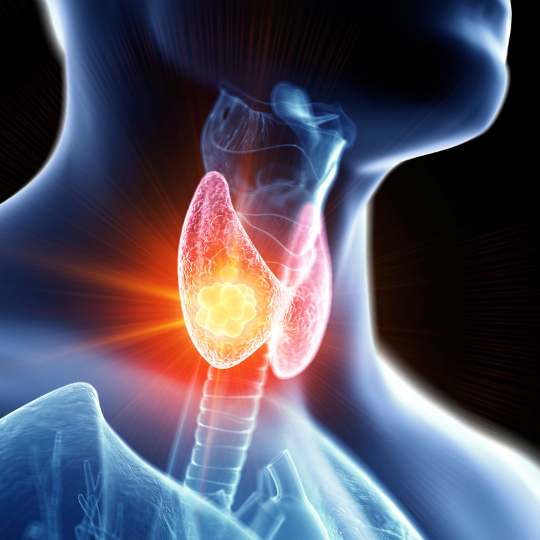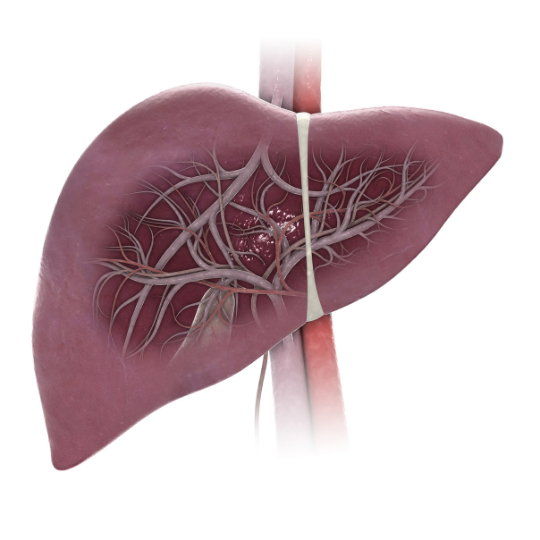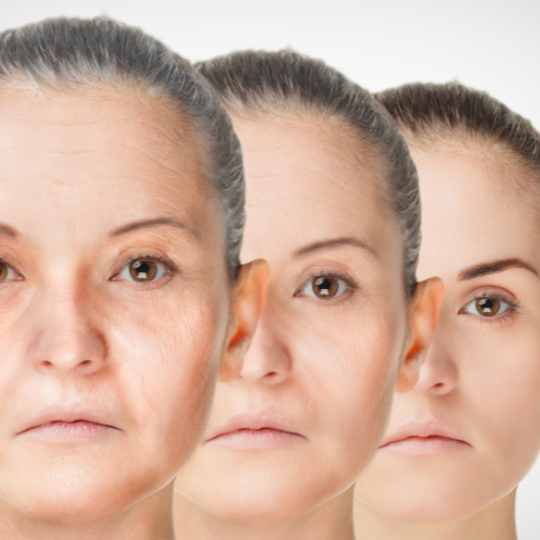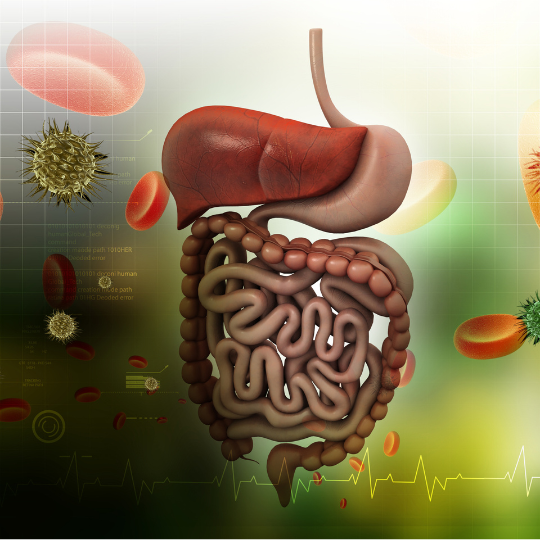The brain topic
Put very simply, Obsessive Compulsive Disorder (OCD) is a common mental health disorder that is characterized by obsessive thoughts and compulsive behaviors. People with OCD experience obsessions, which are repetitive and unwanted thoughts, images, or impulses that cause anxiety or distress. They also engage in compulsions, which are repetitive behaviors or rituals that they feel driven to perform in an effort to reduce the anxiety caused by the obsessions.
Side note: OCD is different from Obsessive Compulsive Personality Disorder (OCPD), which is characterized by a preoccupation with orderliness, perfectionism, and control. While people with OCD may have these traits, they are not the primary focus of the disorder and are not performed in an attempt to reduce anxiety. OCPD is most often a functional adaptation of high performance and workoholic achievers embodied by the relentless corporate officer for whom discipline and management are daily rituals.
OCD Drivers
OCD has a strong relationship with anxiety and is often accompanied by high levels of arousal in the sympathetic nervous system (SNS). The SNS is activated in response to stress and is responsible for the “fight or flight” response. In people with OCD, the SNS may be constantly activated, leading to a state of heightened arousal and anxiety.

This may also be related to a distortion in the cortex-striatum-thalamic brain loop, which is a circuit that plays a role in decision-making and the regulation of behavior:
- The cortex is the outer layer of the brain that is involved in higher cognitive functions such as planning and decision-making
- The striatum is a region of the brain that is involved in the processing of rewards and the initiation of behaviors
- The thalamus is a region of the brain that acts as a relay station for sensory information.
In people with OCD, this brain loop may be disrupted, leading to repetitive and irrational thoughts and behaviors, which give rise to heightened arousal and anxiety.
(Occult) side note: OCD is also often associated with superstitions, as people with the disorder may believe that their compulsions are necessary to prevent harm or prevent negative events from occurring. For example, a person with OCD may believe that they must perform a certain ritual in order to prevent a loved one from getting sick.
Disorder management
There are several therapies that are effective in treating OCD, including cognitive-behavioral therapy (CBT) and exposure and response prevention (ERP):
- CBT is a type of therapy that aims to change negative thought patterns and behaviors. It involves learning coping strategies to manage obsessions and compulsions and gradually reducing the frequency and intensity of the behaviors as a result
- ERP is a type of therapy that involves exposing a person to their obsessions and teaching them how to resist the urge to engage in compulsive behaviors.

There is evidence that genetic factors play a role in the development of OCD. A number of single nucleotide polymorphisms (SNPs) have been identified that may be related to the disorder. One of the key genes that has been identified is the serotonin transporter gene SLC6A4. This gene is involved in the regulation of serotonin, a neurotransmitter that plays a role in mood and anxiety. A specific SNP in the SLC6A4 gene (rs25531) has been associated with an increased risk of OCD. Other genes that have been implicated in the development of OCD include the dopamine receptor D2 gene (DRD2) and the catechol-O-methyltransferase gene (COMT).
To treat any genetic predispositions to OCD and not only, there are several supplements that have been shown to be effective in managing the symptoms of OCD:
- One of the most promising supplements is omega-3 fatty acids, which are found in fatty fish like salmon and sardines. Omega-3s have been shown to reduce anxiety and improve mood in people with OCD
- Another supplement that may be helpful is inositol, which is a type of sugar that is involved in the signaling of serotonin. Inositol has been shown to be effective in reducing the frequency and intensity of obsessive thoughts and compulsive behaviors in people with OCD
- Finally, probiotics are yet another supplemental approach aimed at taming down the disorder; these are live microorganisms similar to the beneficial bacteria that are found in the gut. They have been shown to improve mood and reduce anxiety in people with OCD.

(Final) side note: It is important to note that supplements should not be used as a sole treatment for OCD and should always be used in conjunction with therapy. It is also important to speak with a healthcare provider before starting any new supplement regimen, as some supplements can interact with medications or have side effects. Reach out and we can refer you to one of the specialists in our network at NutriFix.










